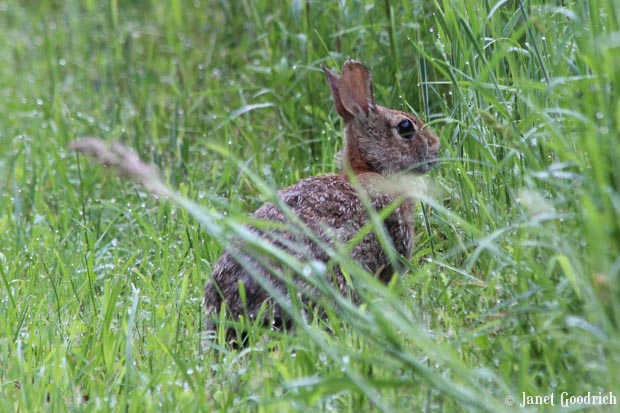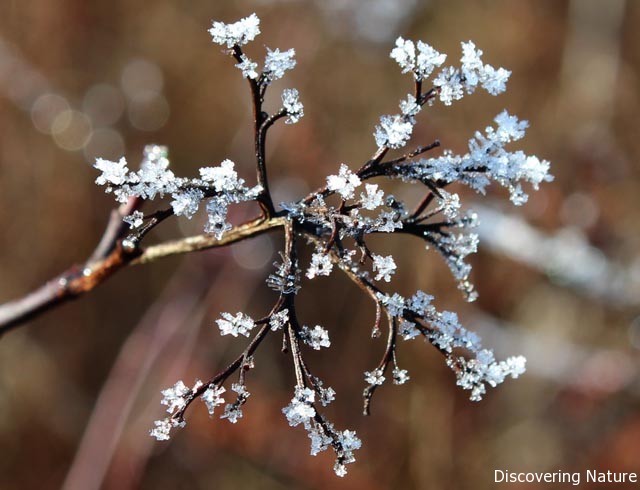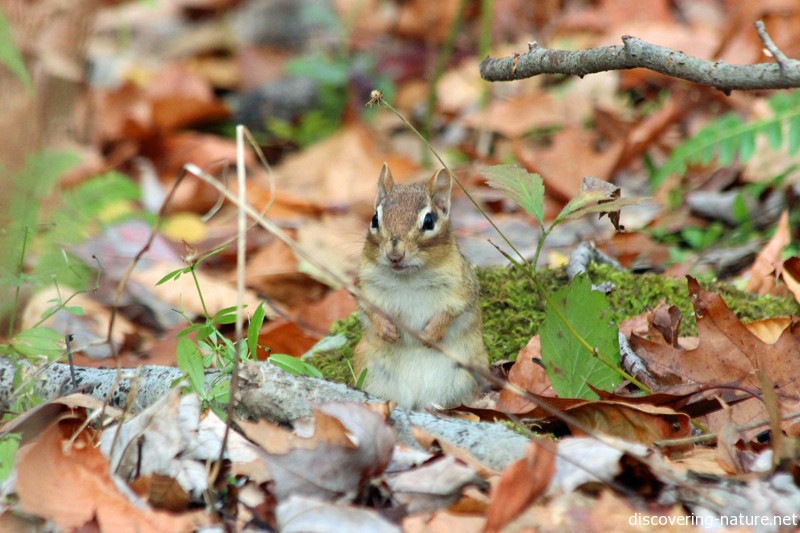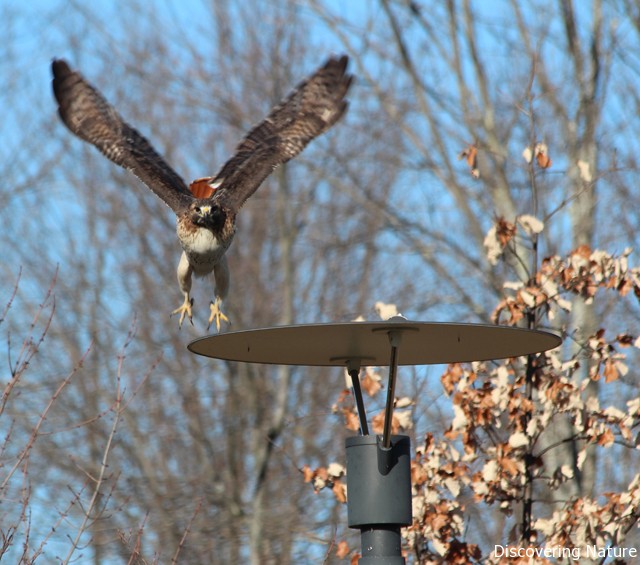-
Why nature? Why now?
I have met with but one or two persons in the course of my life who understood the art of Walking, that is, of taking walks, who had a genius, so to speak, for sauntering; which word is beautifully derived “from idle people who roved about the country, in the middle ages, and asked charity, under pretence of going à la sainte terre” — to the holy land, till the children exclaimed, “There goes a sainte-terrer“, a saunterer — a holy-lander. They who never go to the holy land in their walks, as they pretend, are indeed mere idlers and vagabonds, but they who do go there are saunterers in the good sense, such as I mean. Some, however, would derive the word from sans terre, without land or a home, which, therefore, in the good sense, will mean, having no particular home, but equally at home everywhere. For this is the secret of successful sauntering. He who sits still in a house all the time may be the greatest vagrant of all, but the Saunterer, in the good sense, is no more vagrant than the meandering river, which is all the while sedulously seeking the shortest course to the sea. But I prefer the first, which indeed is the most probable derivation. For every walk is a sort of crusade, preached by some Peter the Hermit in us, to go forth and reconquer this holy land from the hands of the Infidels. (Thoreau, “Walking”)
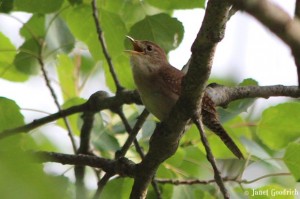 Why have I turned so intensely to nature study this year?
Why have I turned so intensely to nature study this year?I go for walks to drink in the beauty of sight and sound. (I’d say smell, but I don’t have much of a sense of smell. I can smell cookies baking, chicken in the oven, skunk. Most other odors are lost on me.)
I go for walks like a drug addict. There is something saving about it that doesn’t get old.
I go for walks because those times seem like the most real experiences of my life. There is nothing of the monotonous hum of technology about it. I confess to a loneliness these days, a loneliness that corresponds to the increasing presence of technology, even in our relationships. Wendell Berry writes in Remembering about a man who has lost a hand to a threshing machine. His point of contact with the world is no longer flesh-and-blood, but mechanized, and the coldness of it creeps toward his heart. It was written in 1988, but it seems prophetic as a picture of modern relationships — to the earth, the each other, to our own souls.
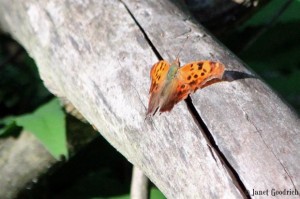 I wonder sometimes how my children’s experience differs from my own as a child. Once recently, when my computer chimed that I had gotten an email, I remarked absently that there was no email when I was a child. “Really?” both girls asked in unison.
I wonder sometimes how my children’s experience differs from my own as a child. Once recently, when my computer chimed that I had gotten an email, I remarked absently that there was no email when I was a child. “Really?” both girls asked in unison.Startled, I looked at them. “Really,” I said. “My mom never checked email when I was growing up. There was no texting either. No cell phones. When Daddy and I got married, Grandma and Grandpa had a cell phone, but you had to pull over and put the antenna on the roof for it to work.”
Wide-eyed fascination from the girls.
“If someone called you, and you weren’t home, they just had to wait and try again later. Then they invented answering machines, and people could leave a message asking you to call them back. If a friend called me, I might not be the one who answered. They would have to say, ‘Hello, this is Christina. Is Janet there?’ And whoever would answer the phone might say, ‘Yes, just a minute,’ or ‘No, she’s not.’ Now people can call each other all the time.”
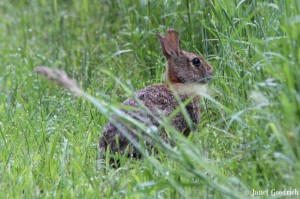 I stopped and thought, this is progress?
I stopped and thought, this is progress?Thoreau was not the first nature writer, but he is a watershed of sorts, the one after whom so many of his successors have modelled themselves. I’ve been aware of Thoreau for years, yet only now am I recognizing that in many ways he speaks for me. It was Thoreau who said, “I went to the woods because I wished to live deliberately.” I go for similar reasons. It seems more real than the insulated world of scheduled activity and technological efficiency — neither of which offer much real connection. Linked with the escape into the woods is family connection, since my daughters, and my husband when he’s able, often accompany me. It’s good all around.
Sometimes, we come across other people there — other saunterers, as Thoreau would call them: photographers, birders, college students, people old and young. I’ve enjoyed the conversations that have emerged in these places. Mostly we talk about the walk we’re on: “Seen anything?” they’ll ask. Or I will. And we compare notes. Once, as the girls and I watched in delight as a muskrat swam beneath us, a college student came to see what we were looking at. “I’ve never seen that before,” he said in wonder. I’ve gotten photography advice from camera-bearers I’ve encountered on walks, as well as testimony of the wonders of particular trails. Recently I saw a yellow-headed blackbird, a western bird defending territory far off course here in the Northeast, because of a chance encounter with another birder along the trail. Going to the place he had described to see the bird, I met another walker who invited the girls and me to come to their naturalist club’s guided birdsong walks on Saturdays. It was a string of positive encounters.
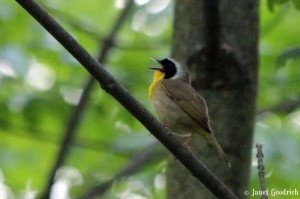 But even alone, it is a restorative experience to go for a walk. The natural setting is inexhaustibly interesting. So many sounds. So many movements and colors. None of them depend on me; but if I am quiet and nonthreatening, I can have a place there, witnessing the life and death stories unfolding all around me. It’s humbling to recognize all that is going on there. And it’s a disburdening of the self, an exit from the interior world through the doorway of the observing eye. I don’t really think about myself or my problems; I just look and listen.
But even alone, it is a restorative experience to go for a walk. The natural setting is inexhaustibly interesting. So many sounds. So many movements and colors. None of them depend on me; but if I am quiet and nonthreatening, I can have a place there, witnessing the life and death stories unfolding all around me. It’s humbling to recognize all that is going on there. And it’s a disburdening of the self, an exit from the interior world through the doorway of the observing eye. I don’t really think about myself or my problems; I just look and listen.Thoreau says something similar in “Walking”:
I am alarmed when it happens that I have walked a mile into the woods bodily, without getting there in spirit. In my afternoon walk I would fain forget all my morning occupations, and my obligations to society. But it sometimes happens that I cannot easily shake off the village. The thought of some work will run in my head, and I am not where my body is; I am out of my senses. In my walks I would fain return to my senses. What business have I in the woods, if I am thinking of something out of the woods?
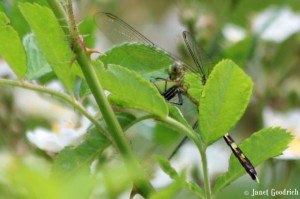 I don’t know what neat conclusion I can come to here, except to return to my original question: why such a keen interest in nature these days? Because it’s one of the few places in my life that seem (here comes the word again) real, and we are made for the real. Other settings seem to be mostly blather and abstraction. But nature is spinning out its myriad activities and relationships all the time, and we can see some of it happening if we want to. I can’t really say it better than that.
I don’t know what neat conclusion I can come to here, except to return to my original question: why such a keen interest in nature these days? Because it’s one of the few places in my life that seem (here comes the word again) real, and we are made for the real. Other settings seem to be mostly blather and abstraction. But nature is spinning out its myriad activities and relationships all the time, and we can see some of it happening if we want to. I can’t really say it better than that.Maybe finding a better way to say it is one of the reasons I started this blog.
